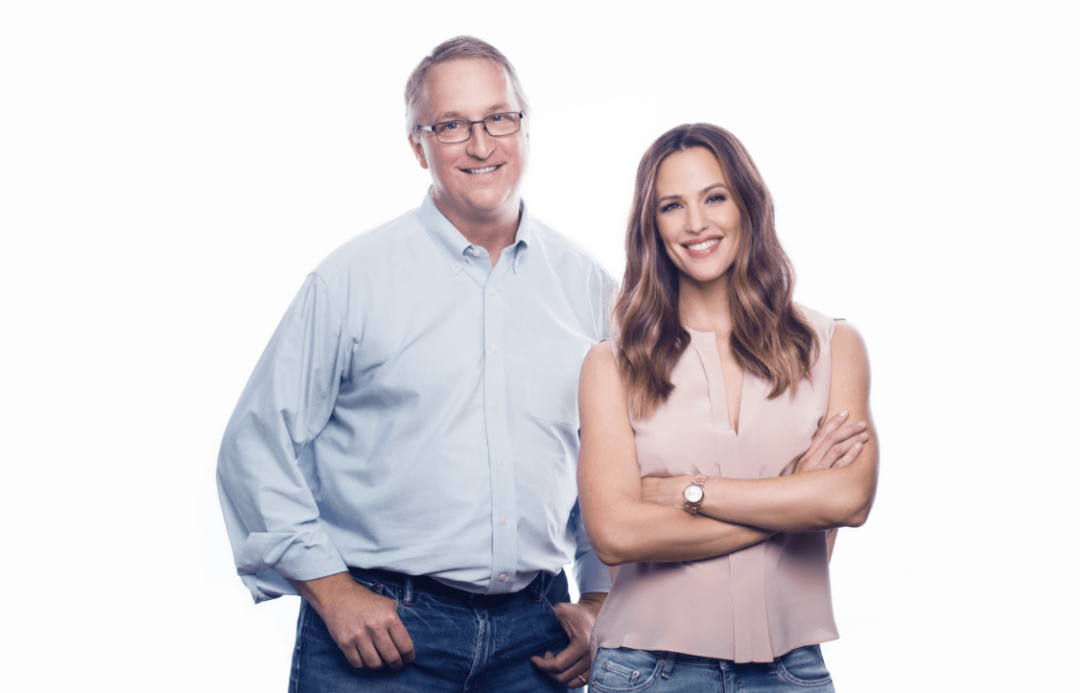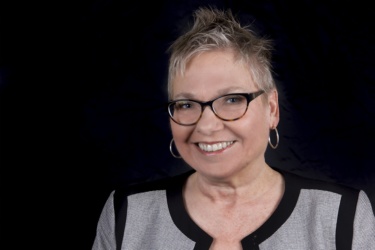San Diego, CA —If any individual has the perspective to talk about the changing landscape of the natural foods industry, it’s John Foraker. A one-time banker who led investors to put growth capital into Annie’s Homegrown in 1999, he became CEO of Annie’s Inc. in 2004 then took the company public as BNNY in 2012, shortly before its 2014 sale to General Mills.
Well respected in the organic industry, Foraker announced in September he was returning to his entrepreneurial roots as CEO ofOnce Upon a Farm, a 2-year-old organic baby food company he’d invested in at its inception. In a chat withWholeFoodsMagazine, Foraker talked about the industry, independent retailers and what it’s like to work with a celebrity. Here’s an edited version of that conversation.
WF:What do you think of when you see Annie’s commercials on TV?
JF: It’s just a sign of how mainstream natural organic foods have become in all these years. The fact the mass market is ready shows you the world has changed a lot since I started. I think the quality of the work is really good and an irreverent take on the brand.
WF:How fast do you think it will take for Once Upon a Farm to scale to that level?
JF: We’re a very small business right now. We have a number of important retailers who will be launching us next year.
What’s changed between now and 20 years ago is that retailers and consumers are now in a place where if you have a new idea, a new product, it can get pretty big pretty fast.In the mid ‘90s, everything was still in the independent natural food market. It was really hard to scale distribution.
WF: Where do you see the independents fitting in today?
JF: I am a huge believer in the independent natural retailers. The beauty of those retailers is they’re so locally connected and in touch with the individuals they serve. Many of them are cooperatives and they serve their owners. To me they have a tremendous opportunity even with all the broad competition. They’re in a position to do incredibly well. They have to look for innovative new products and listen to the customers. A lot of people thought the rise of Whole Foods would be the death knell, but that definitely didn’t happen.
We’re launching some new products in January, February and March and our earliest distribution will be with independents.We’ll give them a chance to take a leadership position with fresh baby food. They’ll see a lot of support out of us. That’s where our heart is.
WF:How did you connect with Once Upon a Farm?
JF: I was their first big outside investor. When Annie’s was acquired, I invested in smaller companies I was interested in and I thought fresh baby was a category where consumers were way ahead of where manufacturers and retailers were. There was a big unmet need. I met the founders in 2015. They hadn’t sold anything yet. I sent them a big check two days later. Over the next year, I was obviously helping them where I could.
About six months ago, Ari [Raz, co-founder and president] called me up and said “Hey, Jennifer Garner is interested in doing something in the food space. She heard you’re an investor and wants to meet you.” I love “13 Going on 30,” and “Alias” so I said “Alright.” I was half an hour late for an hour long meeting (traffic). We connected on so many things. Jennifer has been involved with Save the Children in the U.S. She had a really good understanding of kid nutrition issues and getting great food to underserved populations. We talked for hours and decided how about we do Once Upon a Farm? That’s what started it all. Then it took about 60 days to get it all done.
WF:What’s your goal with Once Upon a Farm?
JF:Our goal is to build Once Upon a Farm into a really disruptive sub-category in baby food and build the brand up into older kid foods — targeted up to 5, 7 and eventually to 12.We think there’s a lot of white space there. Having Jen as a co-founder is really helping us get the megaphone.
WF:What is the mission?
JF: We have three things we’re going to focus on. The programs under them are being developed right now.We will continue to be an advocate for organic and high standards. We’ll be educating kids and families about real food. We’ll be expanding real food access to underserved communities in both a rural and urban context.
WF:What’s it like to work with an actress?
JF: I’ve never been much of a celebrity follower. Most of the celebrities I’ve known I haven’t cared for. Jen has this image as authentic, wholesome and a really nice person and that’s who she is, genuinely enthusiastic. Even with her global recognition, she is so humble.
WF: Do you consider the sale of Annie’s a success?
JF: The business doubled in size because General Mills was honoring all the values and commitment to organic in ways we couldn’t have done by ourselves. Everything has its place and I think on the positive side, companies like Annie’s getting bigger and getting acquired but still being allowed to run relatively independently and being able to stand for things like GMO labeling … that’s really healthy.
WF:What are some of the things you did right from the start?
JF: A lot of people, including myself, worried maybe there would be ulterior motives. The reality is General Mills wanted us to stay independent and they understood why people loved the brand. They also understood the emotional connection to a brand that was optimistic and making the world a better place.
When I first sat down with Jeff Harmening [then leader of the U.S. retail business and now General Mills CEO], we talked about how do we keep this special? How do we make it bigger? With that common view, we said let’s leave it in Berkeley, keep it pretty independent, with decisions pretty tightly controlled by people dialed into that mission. Let’s also bring the scale of a global partner. General Mills has been an incredible steward of the brand. I wouldn’t have left if I hadn’t felt confident.
WF:Did you choose your successor Carla Vernon, former VP of natural and organic growth acceleration at General Mills, as new president of the Annie’s Operating Unit?
JF: I got to know Carla well and when it came time to be my successor, she was a very well-qualified person to do that. She understood the culture of General Mills but also, like Annie’s, is quirky and doesn’t always fit in on everything. It wasn’t my job to pick her but obviously I had a lot of say in that.
WF:Do you have any concerns about where the industry is going?
JF: Remember why we started — to drive positive social impact. We can do that at scale. I worry sometimes that with the growth of the industry and a lot of the money and capital, a lot of companies may be starting with just the profit motive.The reality is this whole industry was founded on the concept of being alternative to the mainstream and weaving in values and purpose and an optimistic view that the world could be better through agriculture. I think there are a lot of altruistic entrepreneurs out there focused on the right stuff. People chasing a buck, flipping a company without that core anchor underneath ... I worry about that.WF
Published in WholeFoods Magazine January 2018

2025 Natural Choice Awards
March 31, 2025









